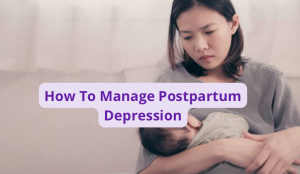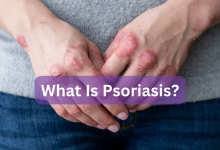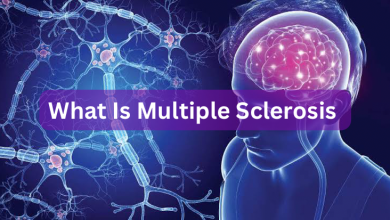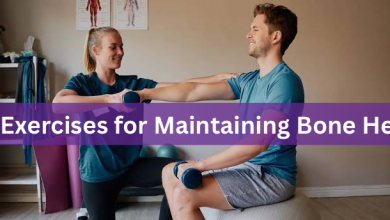How To Manage Postpartum Depression

Postpartum depression is a type of depression that comes after childbirth. It is common in mothers but should be managed well to avoid endangering the baby or the mother.
Postnatal depression can be due stress, the drop in female hormones after birth or psychological adjustment to motherhood.
Motherhood can be really overwhelming especially when you remember you have a little one to raise and cater for. Some mothers feel sad for few days then get back to normal. To others, the sadness and depression lingers longer for up to months if not managed well.
Here are tips on how to manage postpartum depression.
1. Create Time For Yourself
Having clusters of emotions can drain one out. So as a mom, it is very necessary to take a break from the motherhood role and everything as well. You have a relaxing body care session, go to a spa, dress up and go to a nice place with people you love.
This will help restore your happiness and also take the weight off you for sometime.
2. Rest
It might seem almost impossible to rest or sleep well when you have a baby under your care. Babies can be really difficult to manage when it comes to putting them to sleep and taking care of them. You’d find very little time to rest and that lack of rest takes a toll on you.
Get a trusted person to babysit your child while you rest. This person can be your partner or any member of the family. Resting helps to relax the brain and mind as well as making you feel refreshed.
3. Bond With Your Baby
Even if you feel sad and overwhelmed during your mother duties, try to create a bond with your child. Change your perception of ‘having a baby is a chore’ and see it as a beautiful connection.
You can bond with your baby through breastfeeding. Research found that breastfeeding your baby helps to lower the risk of postpartum depression.
when you pay attention to your child’s demands or emotional signals and provide them what they need or want, such as feeding them, giving them comfort when they cry. Being that reliable comforter teaches your child to control their own emotions and behaviors, which in turn aids in enhancing their cognitive development.
Other ways of bonding with your baby includes; skin-to-skin hug. This is a form of sharing your warmth with your child and hugs tend to make you relaxed. This process can release a hormone called oxytocin also known as ‘love hormone’ which will make you feel the love, care and sensitivity to more emotions towards your child.
4. Take A Walk
Sometimes going out of the house regularly is all you need. You can take a stroll alone but preferably with your baby in a stroller. Let the fresh air hit you and make you relaxed. This is also a form of bonding with your child.
5. Diet
Taking food rich in Omega-3 fatty acids during pregnancy and after birth reduces some symptoms associated with depression.
In the brain, mood-related chemicals can interact with omega-3 by passing across the cell membrane with ease. They have anti-inflammatory properties as well, which could help alleviate depression and provide relief.
Examples of foods rich in fatty acids include walnut, mackerel, sardine, salmon, flaxseed, soybeans etc.
6. Exercise
Exercise is a great strategy to improve psychological well-being after giving birth and can also help with postnatal depression symptoms. Exercise improves better sleep, reduces stress, strengthens the abdominal muscles, and gives you more energy.
You can start with simple exercises for at least 10-15 minutes daily.
7. Avoid Isolation
Getting social and emotional support from others can improve your ability to handle challenges on your own by enhancing your sense of independence and self-worth.
Research found that after regularly talking with experienced mothers who had previously had postpartum depression, mothers currently suffering from it have had decreased levels of depression.
If your postpartum depression lasts for long and you start feeling hate towards your child or have thoughts of harming the child, get away from the child and schedule an appointment with your doctor immediately.
Read also: How to naturally induce labor at home







